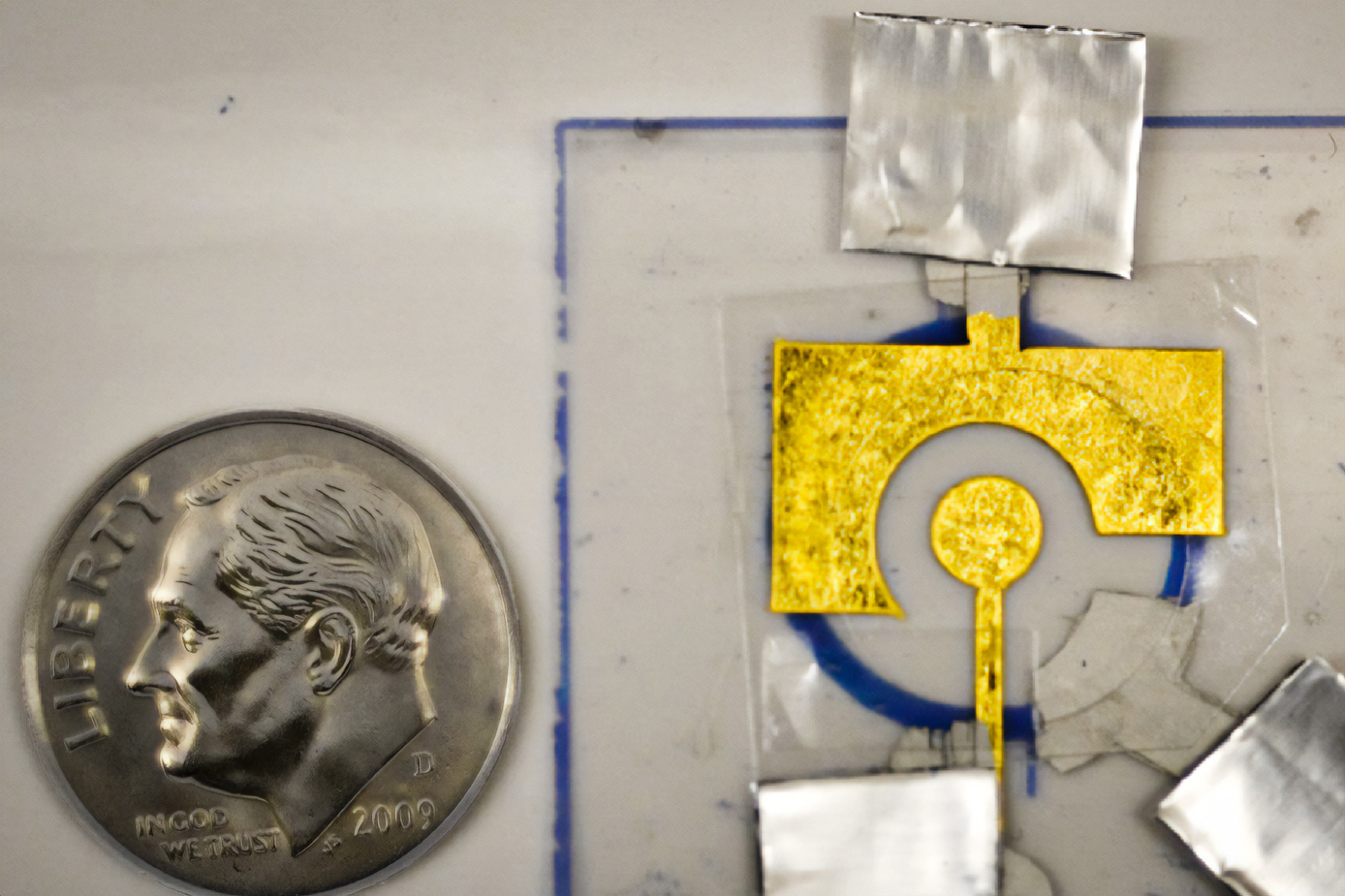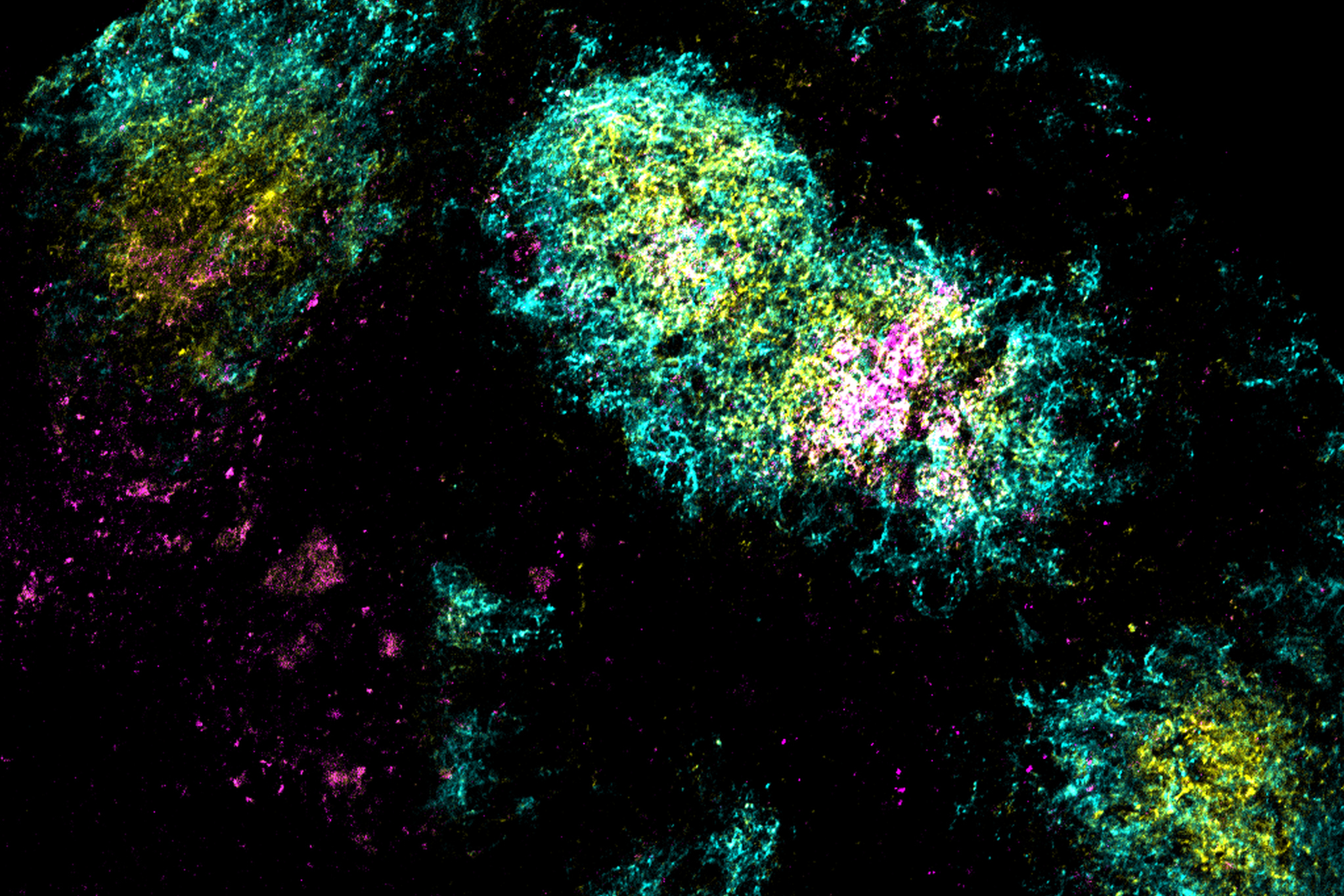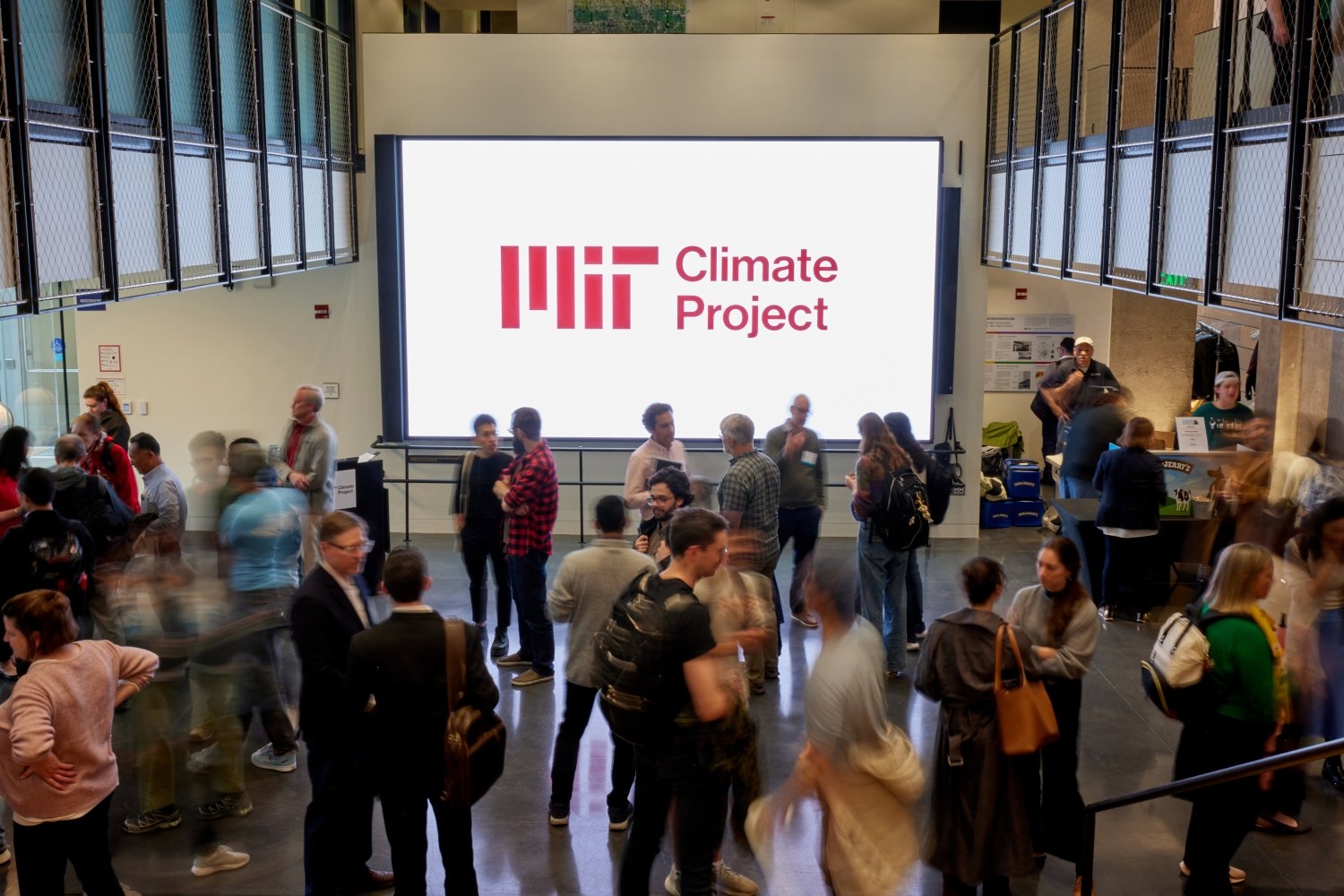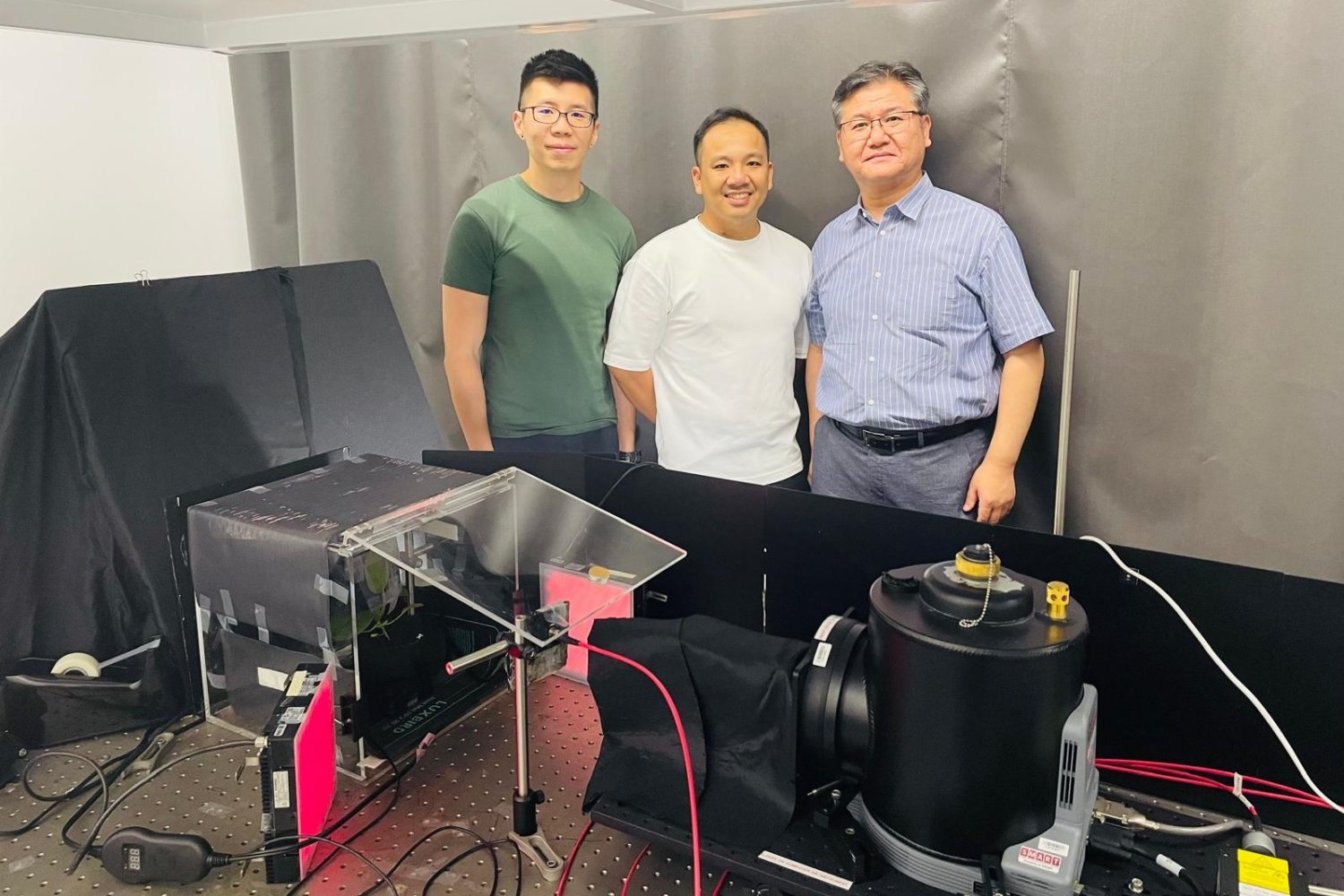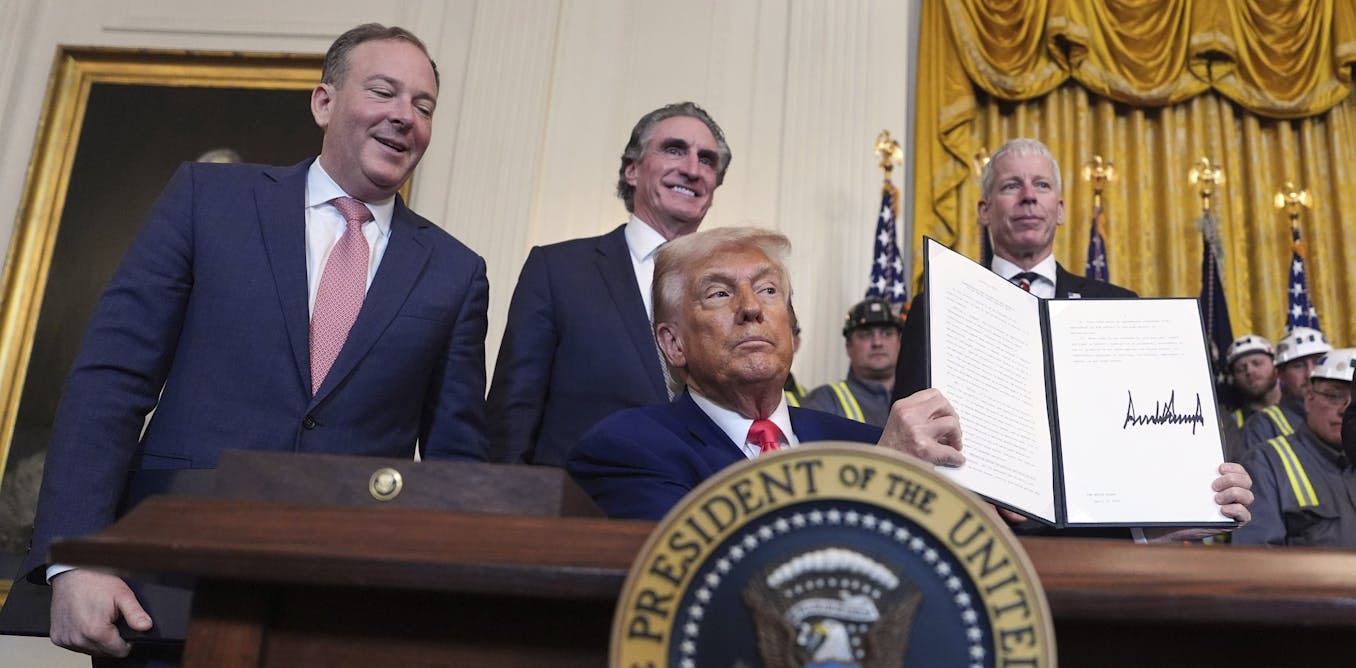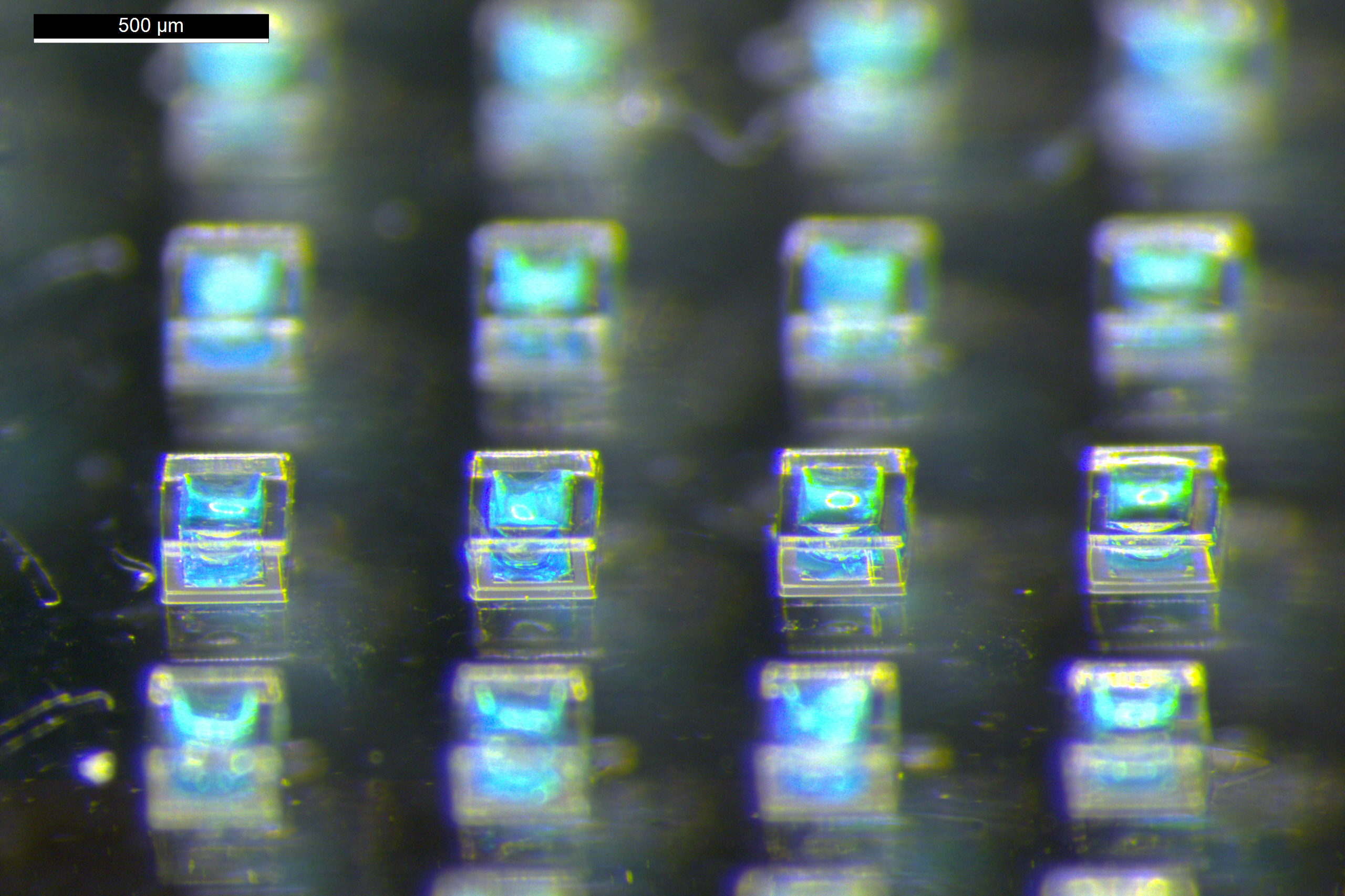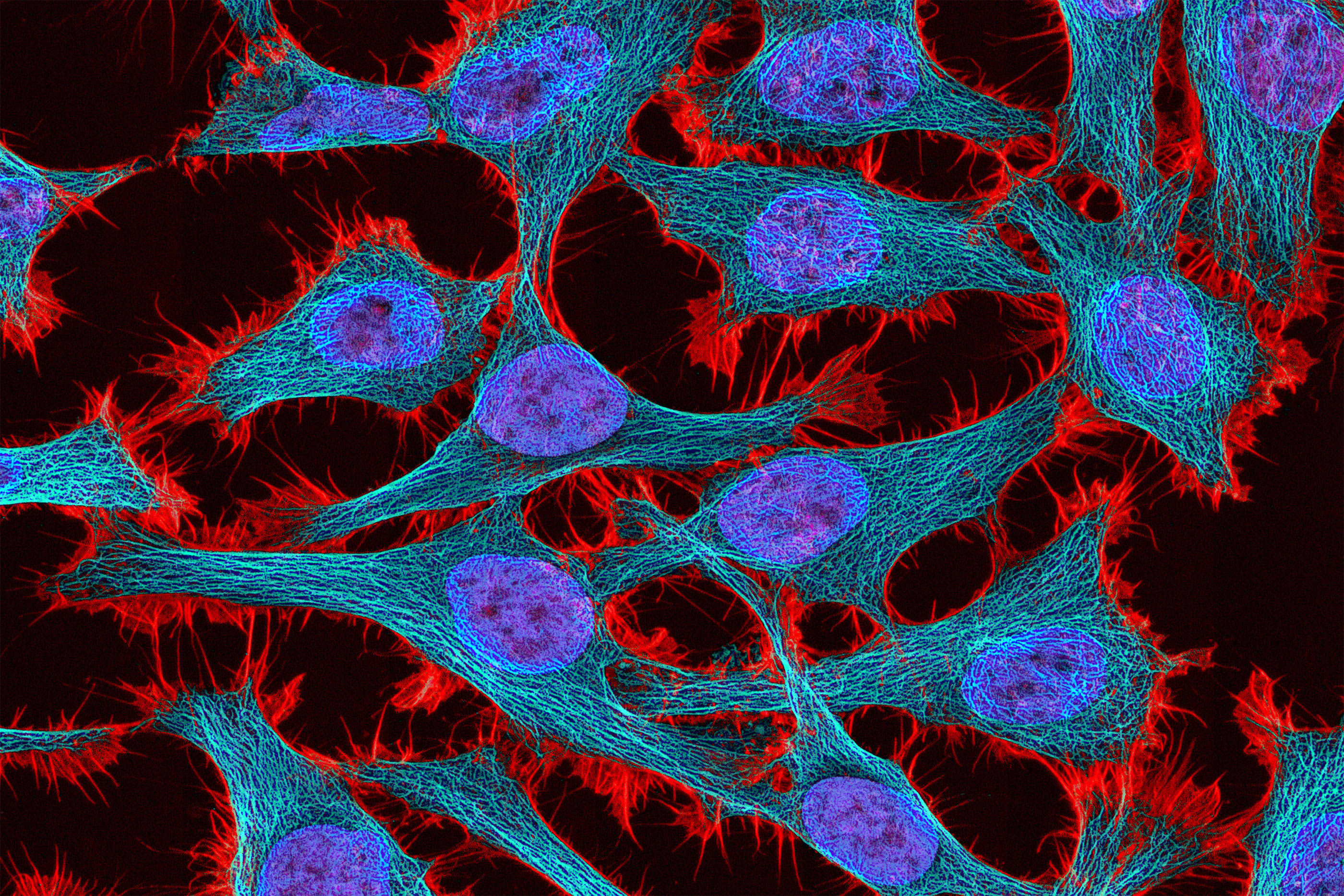What Trump’s budget proposal says about his environmental values
The White House proposal represents a dramatic retreat from the national goals of clean air and clean water enacted in federal laws over the past 55 years.
Janet McCabe, Visiting Professor and Distinguished Scholar of Law, Visiting Professor of Public and Environmental Affairs, Indiana University •
conversation
June 27, 2025 • ~12 min
June 27, 2025 • ~12 min
How the end of carbon capture could spark a new industrial revolution
The Trump administration is pulling back billions of dollars in industrial development money for carbon capture and storage projects. That may force industries to actually cut emissions instead.
Andres Clarens, Professor of Civil and Environmental Engineering, University of Virginia •
conversation
June 23, 2025 • ~10 min
June 23, 2025 • ~10 min
Universal nanosensor unlocks the secrets to plant growth
Researchers from SMART DiSTAP developed the world’s first near-infrared fluorescent nanosensor capable of monitoring a plant’s primary growth hormone in real-time and without harming the plant.
Singapore-MIT Alliance for Research and Technology •
mit
June 9, 2025 • ~6 min
June 9, 2025 • ~6 min
How Trump’s ‘gold standard’ politicizes federal science
The first Trump administration also used words like ‘transparency,’ ‘reproducibility’ and ‘uncertainty’ − to try to block regulators from using important health studies when writing pollution rules.
H. Christopher Frey, Glenn E. Futrell Distinguished University Professor of Environmental Engineering, North Carolina State University •
conversation
June 5, 2025 • ~10 min
June 5, 2025 • ~10 min
/
61

